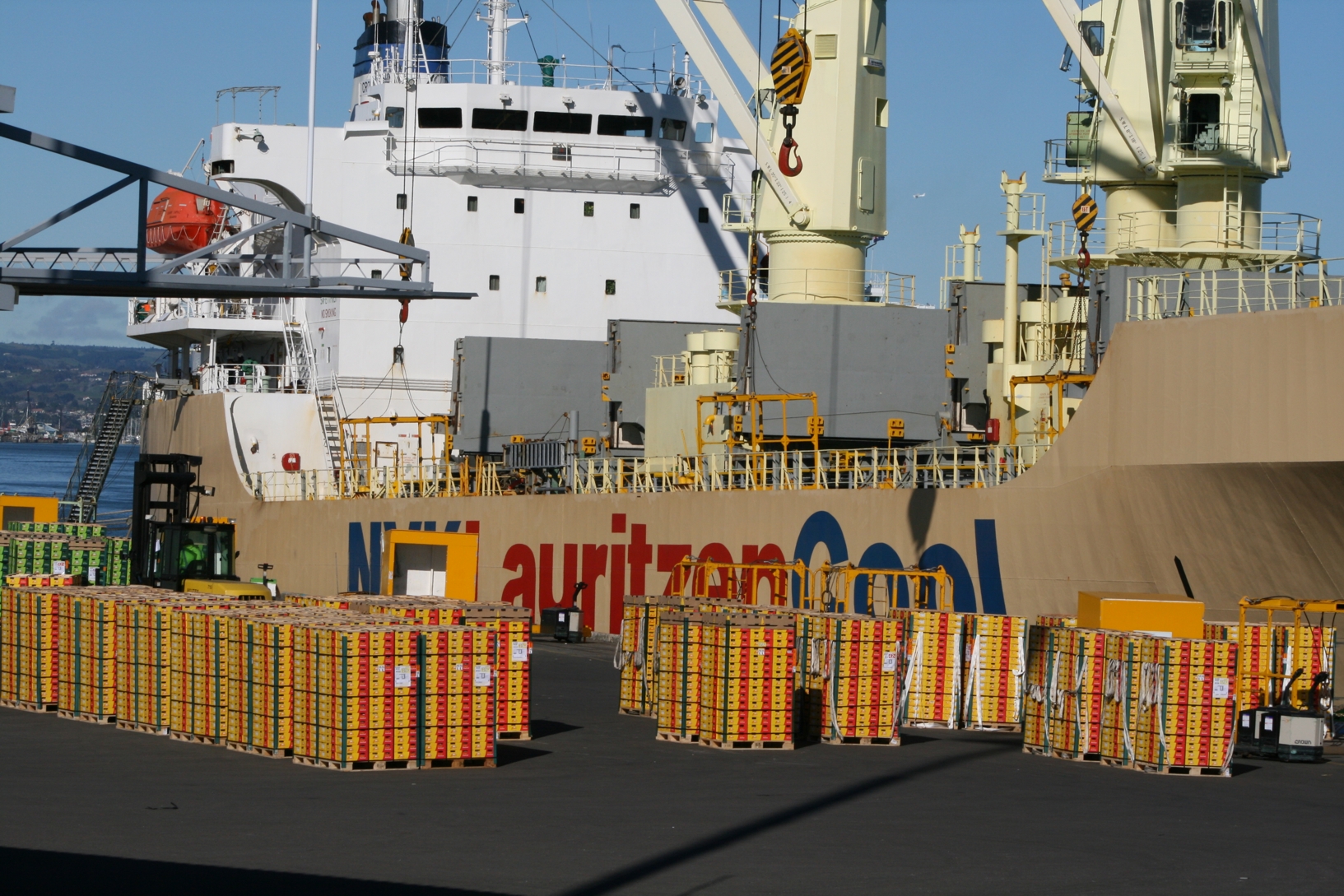New Zealand kiwifruit exports grew strongly in 2021 and the outlook for the sector remains positive due to expanding kiwifruit consumption in Asia, the EU and the US.
According to a new global report by agribusiness banking specialist Rabobank global kiwifruit production reached four million metric tons in 2021 – a three year high, but still below the record figures of 2018.
“Led by China, which accounts for more than 50 percent of global supply, kiwifruit production has remained somewhat stable. But that doesn’t mean changes are not occurring,” report author, Rabobank senior fresh produce analyst David Magana said.
“If we remove China from the production figures, since almost all of its supply goes into the domestic market, then we see five main producing countries – New Zealand, Italy, Greece, Iran and Chile. New Zealand is leading in production due to increased acreage, and (excluding China) now represents 33 percent of total global production, up from 24 percent
in 2012.”
Off the back of this production increase, Dr Magana said, New Zealand solidified its position as the world’s largest exporter of kiwifruit in 2021.
“New Zealand kiwifruit exports reached a record figure of 647,700 metric last year, 13 percent more than 2020. Exports out of Italy were down in 2021, while volumes from Iran, Greece and Chile remained stable,” he said.
“About 88 percent of New Zealand kiwifruit exports went to Europe and Asia in 2021, with Asia predominantly importing the golden kiwifruit (60 percent) while Europe primarily imports the green variety (50 percent).”
Dr Magana said since 2020, New Zealand exports of golden (yellow) kiwifruit have surpassed Hayward (green) exports in volume.
“We expect to see this trend continue in the medium-term, given planted area of Hayward is declining, while increasing for yellow varieties,” he said. “A further opportunity for the New Zealand industry, is the launch of Zespri’s new Ruby Red variety which is set to enter the market in the 2022 season. And we’re confident this variety will find a niche in the Asian market due to its red pulp and berry taste.”
With consumption of kiwifruit expanding in Europe and Asia as well as the US, Dr Magana said the prospects for New Zealand’s kiwifruit sector remain strong, however, production challenges are expected for growers in New Zealand and in other key kiwifruit production regions.
“Growers and exporters are likely to face significantly higher costs, including but not limited to fertiliser, energy, harvest packaging and freight,” he said. “Although inflationary pressures have exacerbated since the beginning of the war in Europe, the relevance of Russian and Ukrainian markets is relatively limited for kiwifruit exports from the southern hemisphere, but indirect implications will impact the industry, particularly on the cost side.”




